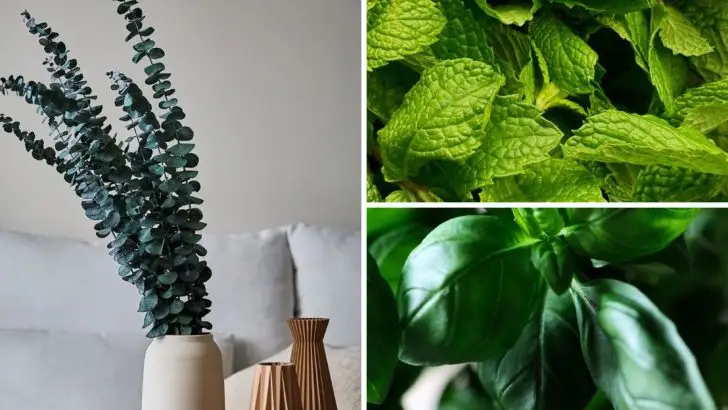If you’re tired of dealing with mosquitoes and other pesky bugs in your yard, there’s an easy and natural way to keep them at bay. Certain flowers and plants can help deter these insects, giving you a more enjoyable outdoor experience without the constant swatting. These plants don’t just look good—they serve a practical purpose, making them a great addition to your garden or patio.
From the strong scent of citronella to the calming aroma of lavender, these 21 plants can help you create a bug-free space while adding beauty and charm to your surroundings. Plus, many of them are simple to grow and maintain, meaning you can enjoy their benefits with minimal effort. So, if you’re ready to keep your outdoor spaces mosquito-free and a little more peaceful, these plants are definitely worth considering.
Lavender

Lavender, with its iconic purple blooms, is more than just a pretty face in the garden. Known for its calming fragrance, it also acts as a natural mosquito deterrent.
The pleasant scent, while soothing to humans, is repulsive to many insects.
Plant lavender around seating areas to enjoy its aromatic benefits while keeping bugs at bay. It requires well-drained soil and plenty of sunlight to thrive.
Besides repelling mosquitoes, lavender attracts pollinators like bees and butterflies, enhancing your garden’s ecological balance.
Citronella
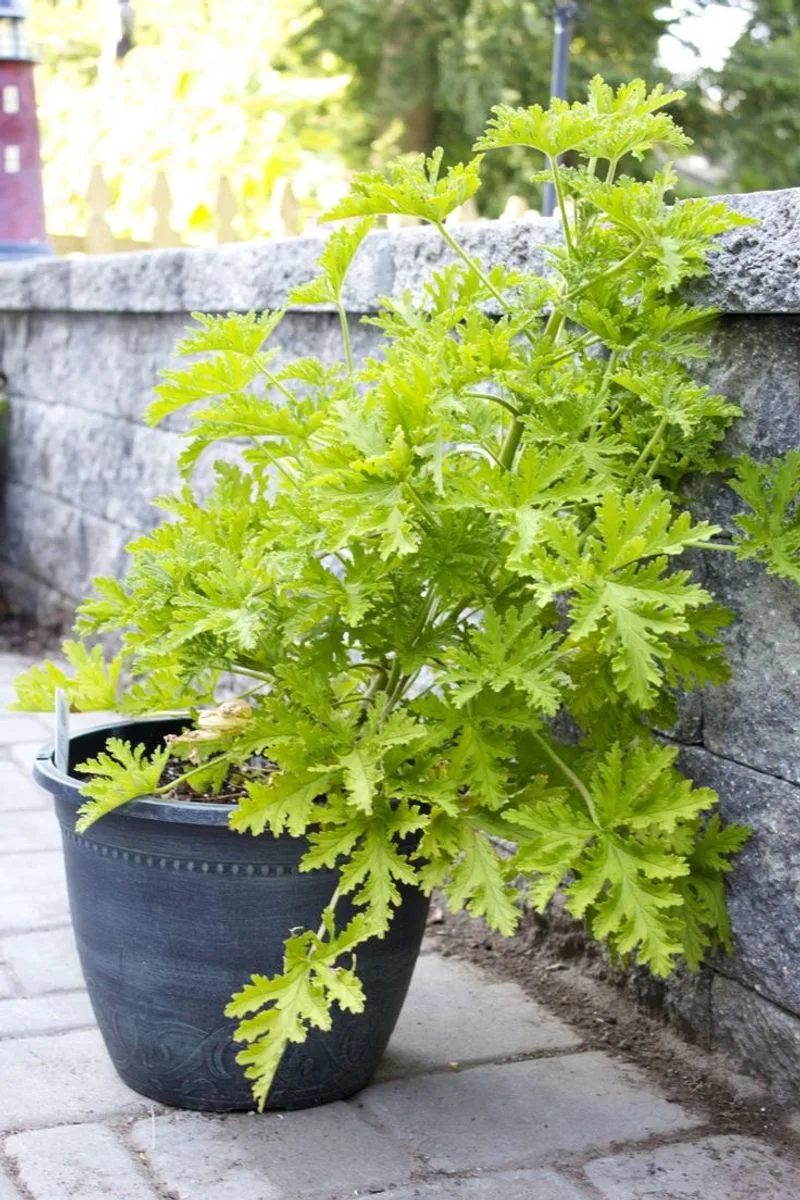
Citronella is synonymous with mosquito repelling, often used in candles and oils. This grass emits a strong aroma that mosquitoes find unappealing.
Growing citronella around patios or doorways helps create a protective barrier against these pests.
This plant prefers a sunny spot and well-drained soil. Citronella can be grown in pots, making it versatile for various garden settings.
Regular pruning maintains its lush appearance, ensuring it remains an attractive feature in any outdoor space.
Marigold
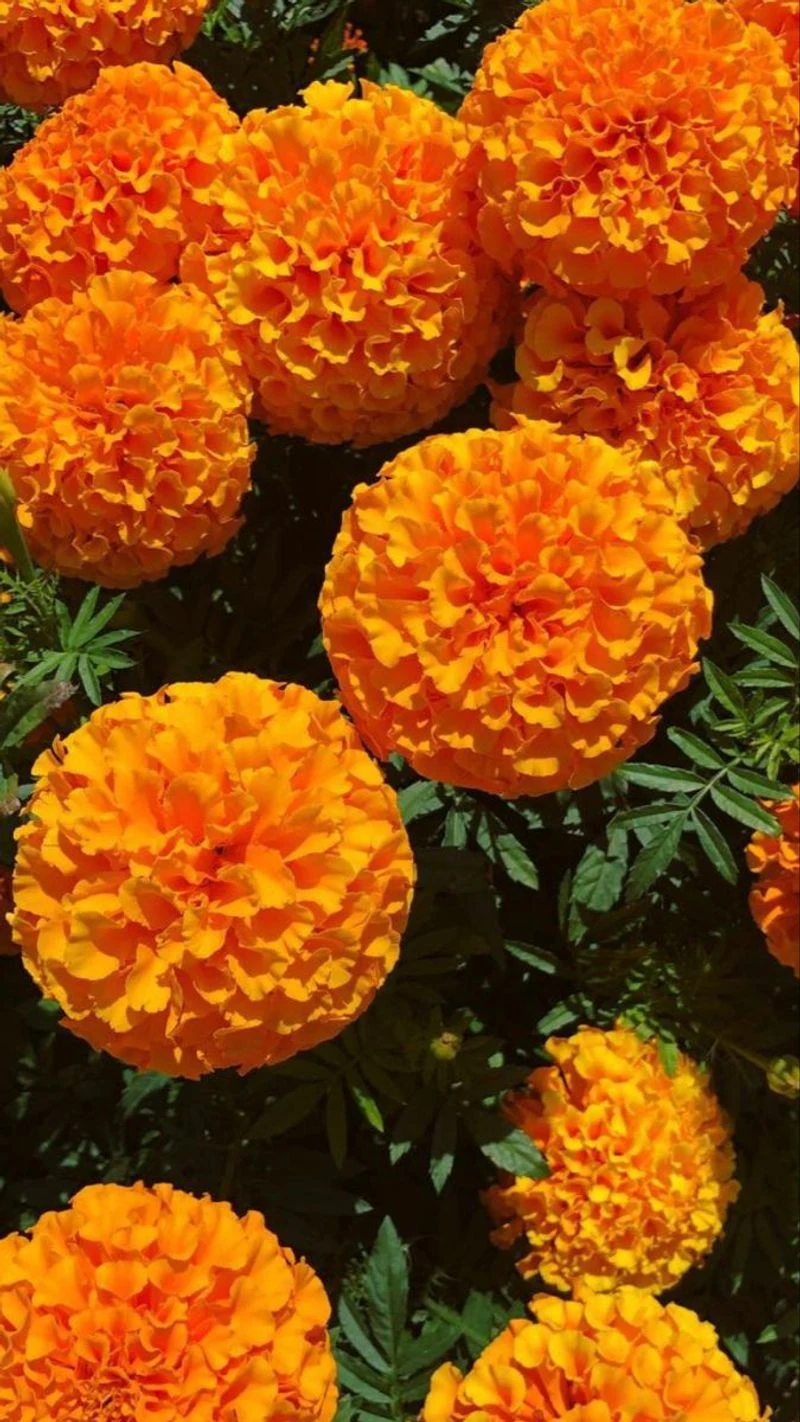
Marigolds are not only vibrant additions to any garden but also effective at repelling mosquitoes and other insects. They produce a distinct aroma that bugs dislike, making them ideal companions for vegetable patches.
Plant marigolds along borders or in pots around entrances to keep bugs away from your home. They thrive in sunny locations and well-drained soil.
Easy to grow and maintain, marigolds also aid in deterring insects like aphids and nematodes, protecting your garden naturally.
Basil
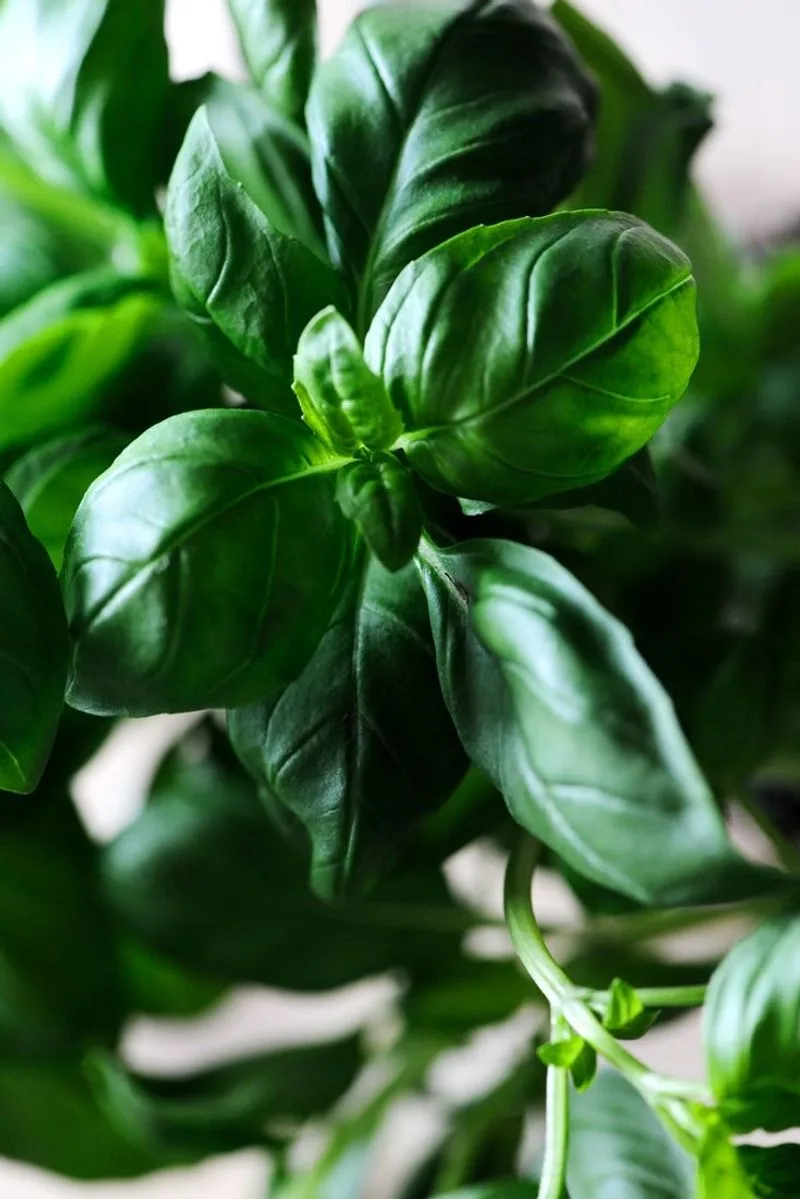
Basil, a culinary favorite, doubles as a mosquito repellent with its pungent aroma. Its scent disrupts mosquitoes’ sensory abilities, keeping them at a distance.
Basil thrives in warm, sunny conditions and is perfect for pots on windowsills or patios.
Besides repelling mosquitoes, basil adds flavor to dishes, making it a practical and aromatic garden choice. Regular harvesting encourages more growth, ensuring a constant supply of fresh leaves for cooking and pest control.
Rosemary
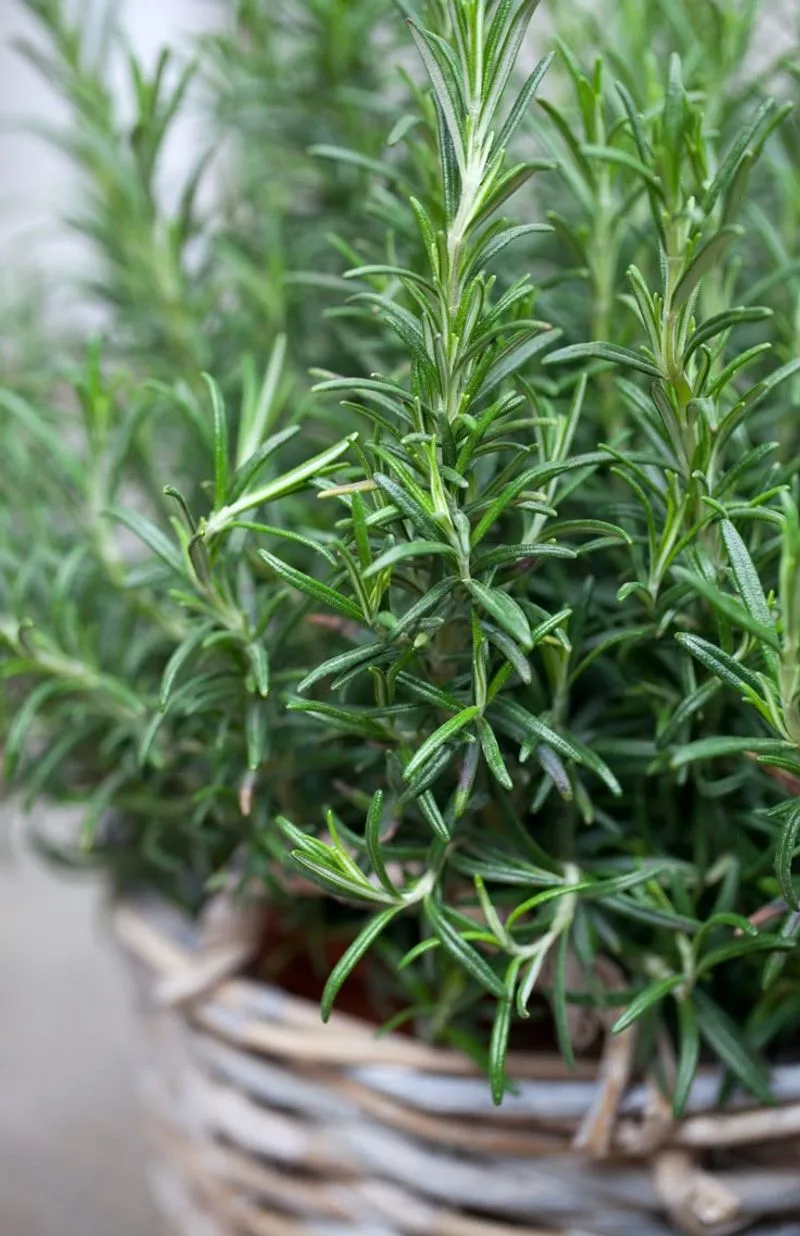
Rosemary is a robust herb known for its culinary uses, also serving as a mosquito deterrent. Its woody scent is offensive to mosquitoes but pleasant to humans, making it a great plant for outdoor spaces.
Rosemary thrives in full sun and well-drained soil, and it can be grown in pots or garden beds. Prune regularly to maintain its shape and encourage new growth.
Besides mosquitoes, rosemary repels other insects like cabbage moths, offering a multi-faceted approach to a pest-free garden.
Mint
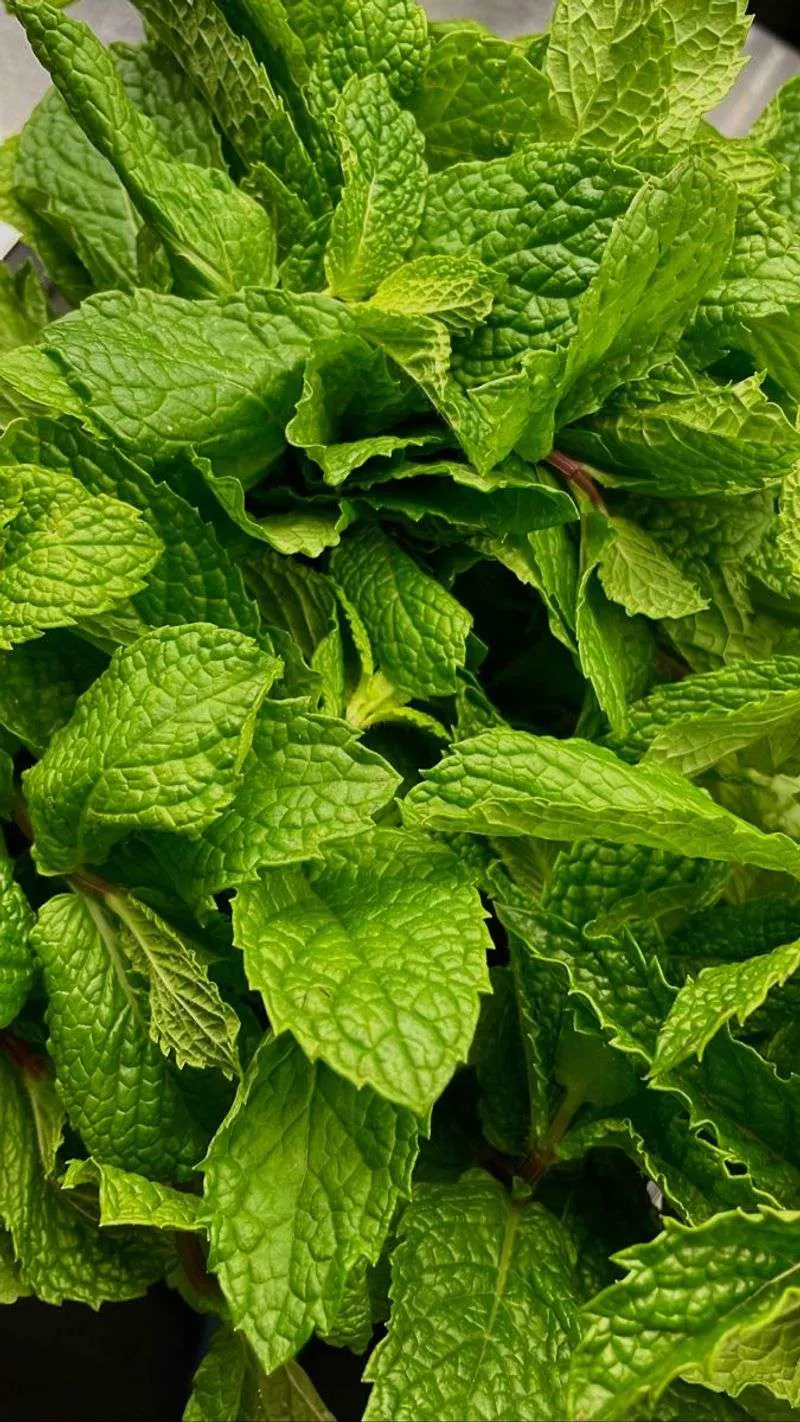
Mint is an aromatic herb that mosquitoes find particularly repulsive. Its refreshing scent is delightful to humans but acts as a natural bug barrier.
Mint grows best in partial shade and moist, rich soil, making it a versatile option for various garden setups.
Mint spreads quickly, so consider planting it in pots to control its growth. Regular pruning helps keep it bushy and productive.
Beyond its mosquito-repelling qualities, mint can be used in beverages and culinary dishes, enhancing its appeal.
Catnip
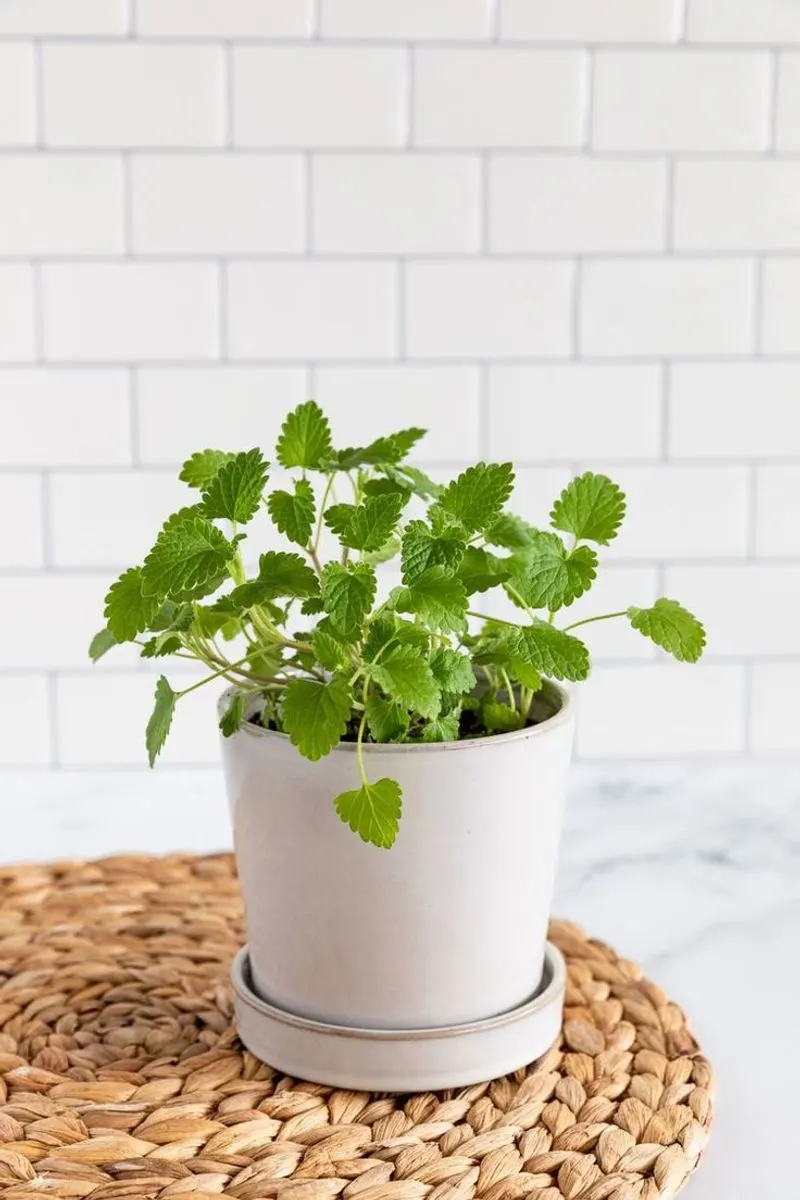
Catnip is renowned for its effect on cats, but it also serves as an effective mosquito repellent. The compound nepetalactone, found in catnip, is highly effective at deterring mosquitoes.
Grow catnip in a sunny location with well-drained soil. It can spread rapidly, so planting in contained areas is advisable.
Beyond its bug-repelling capabilities, catnip is a fun addition if you have feline friends, making it a dual-purpose plant.
Lemon Balm
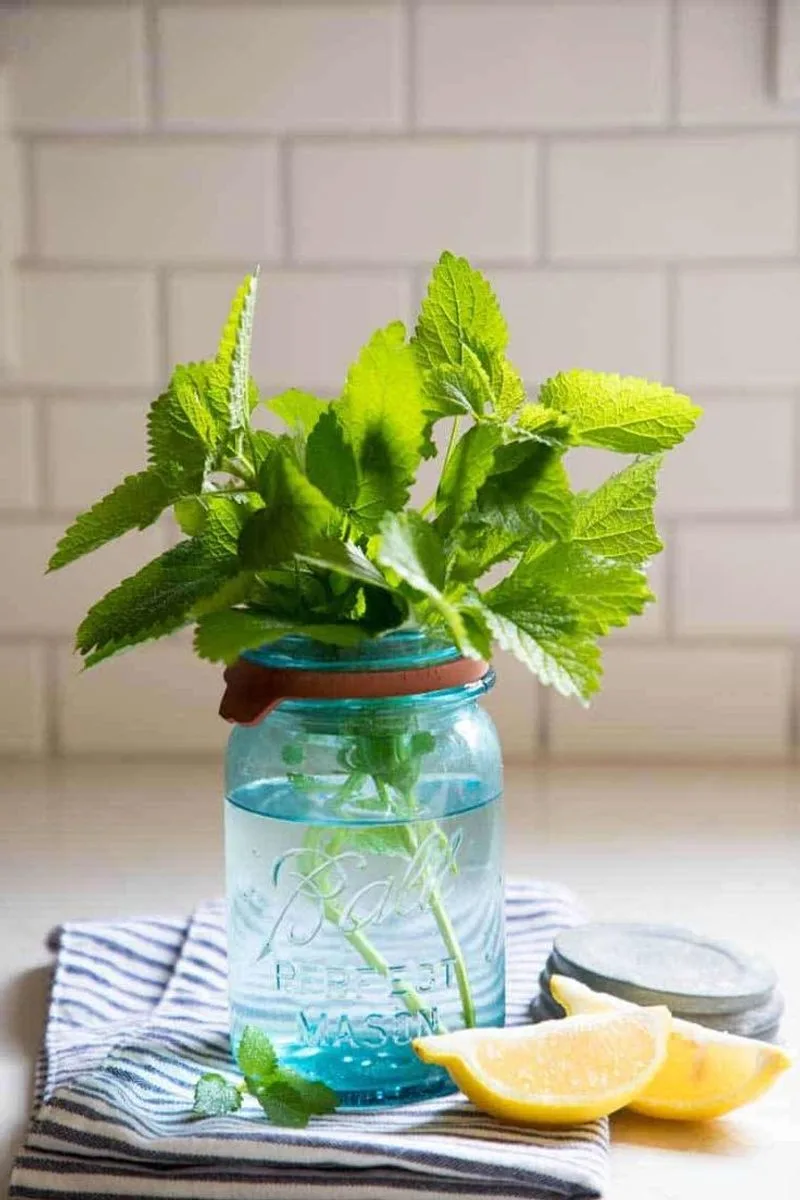
Lemon balm, with its citrusy aroma, deters mosquitoes naturally. This member of the mint family releases a scent that is pleasant to humans but off-putting to insects.
Lemon balm grows well in sunny spots with rich soil. It can be invasive, so consider growing it in containers to manage its spread.
Regular trimming encourages bushy growth and keeps the plant vigorous. Besides its mosquito-repelling properties, lemon balm makes a soothing herbal tea, adding value to its presence in your garden.
Garlic
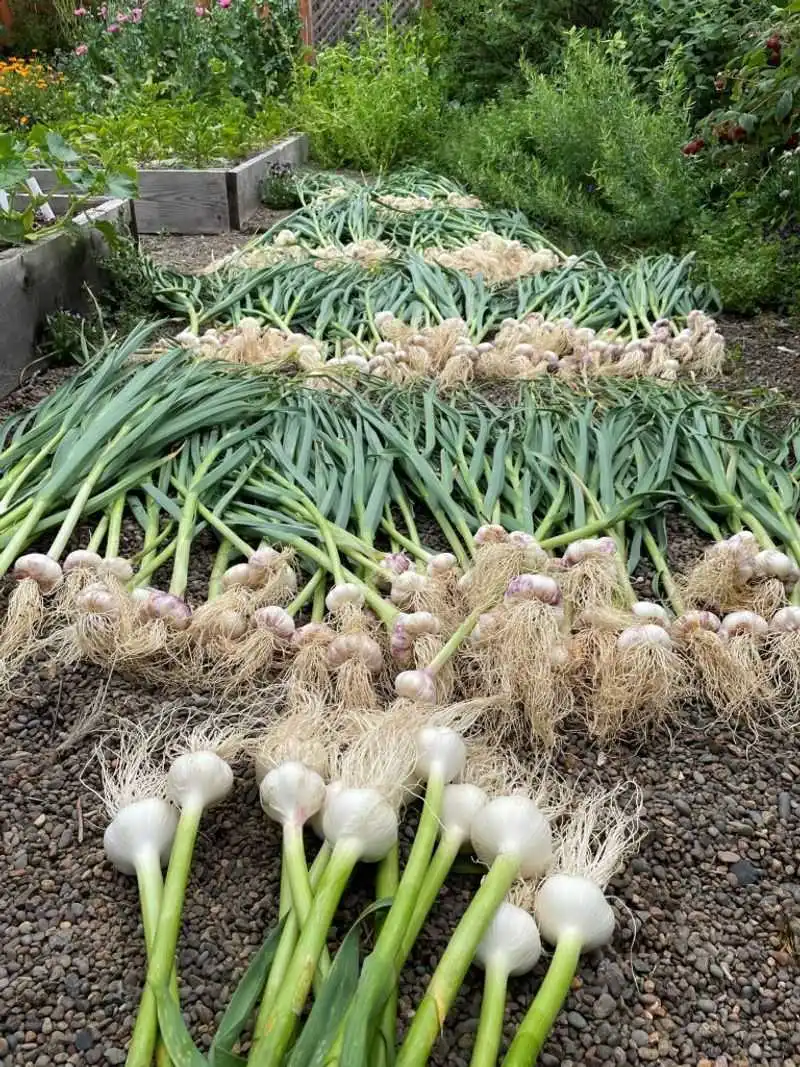
Garlic is celebrated for its culinary uses, but its strong aroma also acts as a natural insect repellent. Planting garlic in your garden helps deter mosquitoes and other pests like aphids and beetles.
Garlic thrives in well-drained soil and sunny locations. It’s an easy-to-grow crop that benefits both your kitchen and garden.
Incorporating garlic into your garden plan provides not only pest control but also a ready supply of fresh cloves for cooking.
Pennyroyal
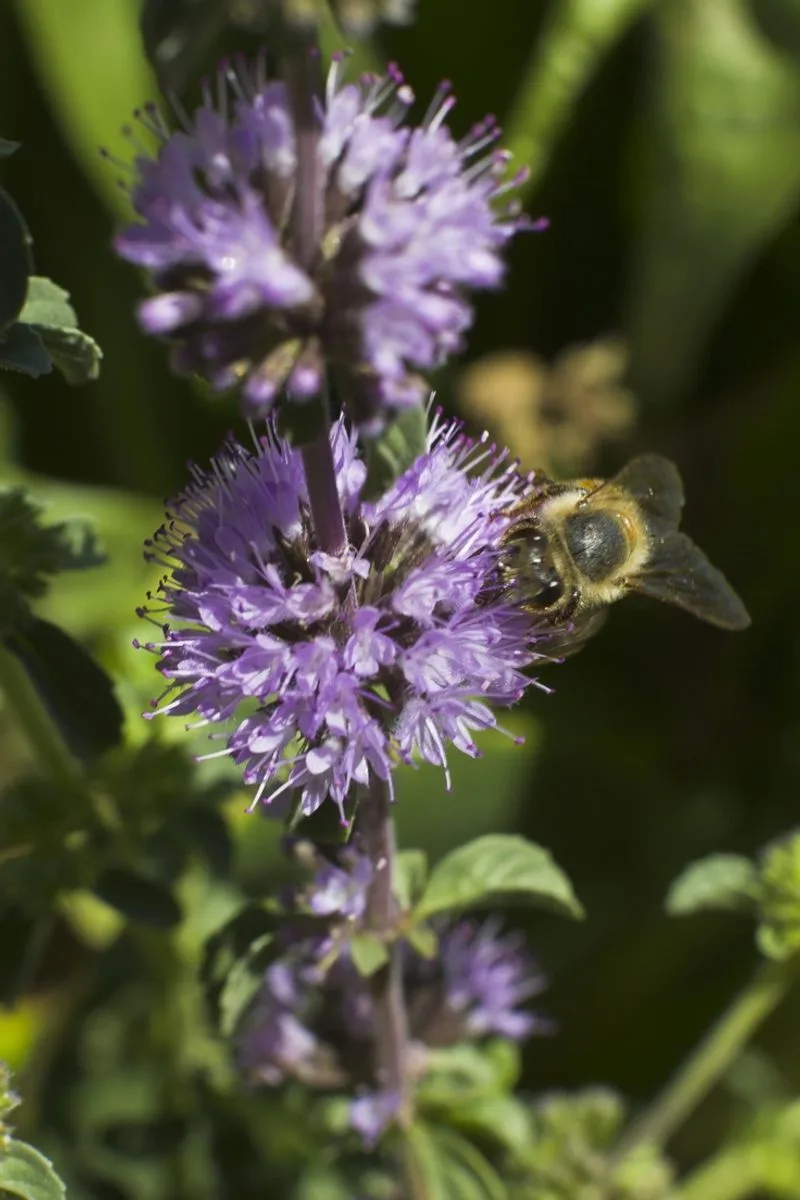
Pennyroyal is a lesser-known herb that effectively repels mosquitoes and fleas. Its aromatic leaves release a scent that insects find unpleasant.
This plant prefers sunny areas and moderately fertile soil. Pennyroyal can be used to create natural bug-repelling sachets.
Handle with care, as it can be toxic if ingested in large quantities. Beyond its repellent qualities, pennyroyal adds a lovely pop of color to gardens with its purple blooms.
Allium
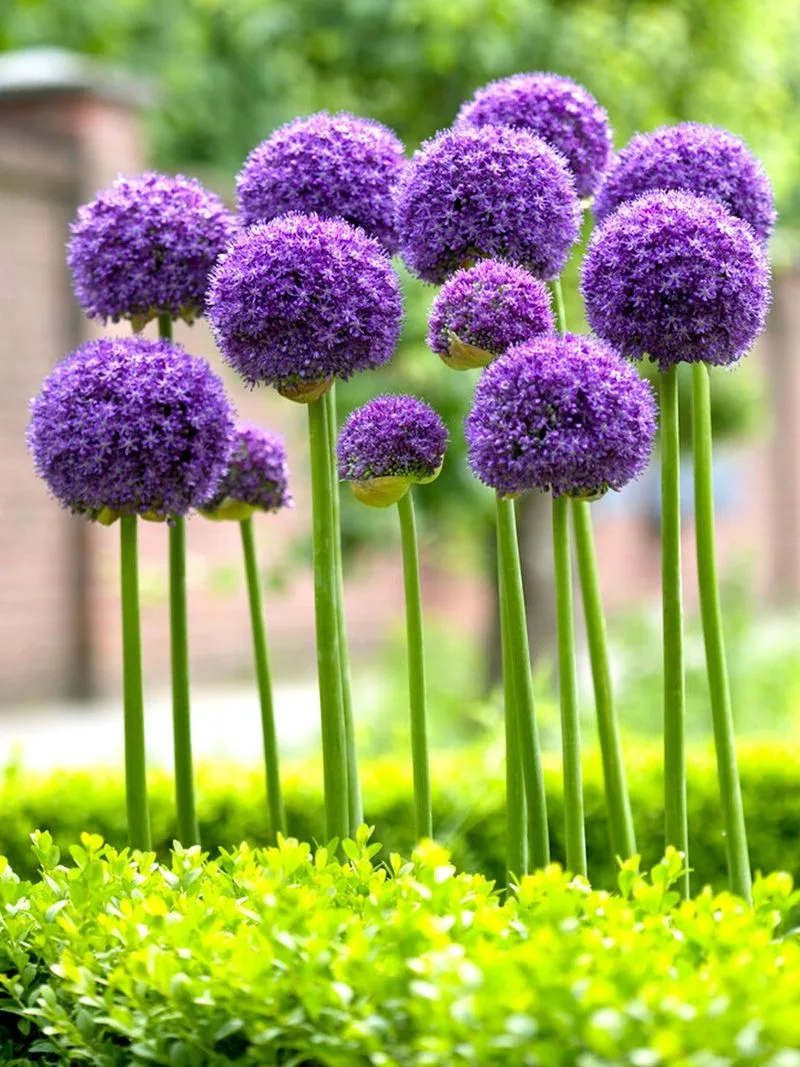
Allium plants, with their striking globe-like flowers, are not just visually appealing but also act as natural insect repellents. Their pungent aroma deters mosquitoes and other pests.
Alliums thrive in sunny spots with well-drained soil. They make excellent companions in vegetable gardens as they repel harmful insects like cabbage worms and carrot flies.
Beyond their functional use, alliums add architectural beauty to any garden layout, enhancing both aesthetic and practical elements.
Chrysanthemums
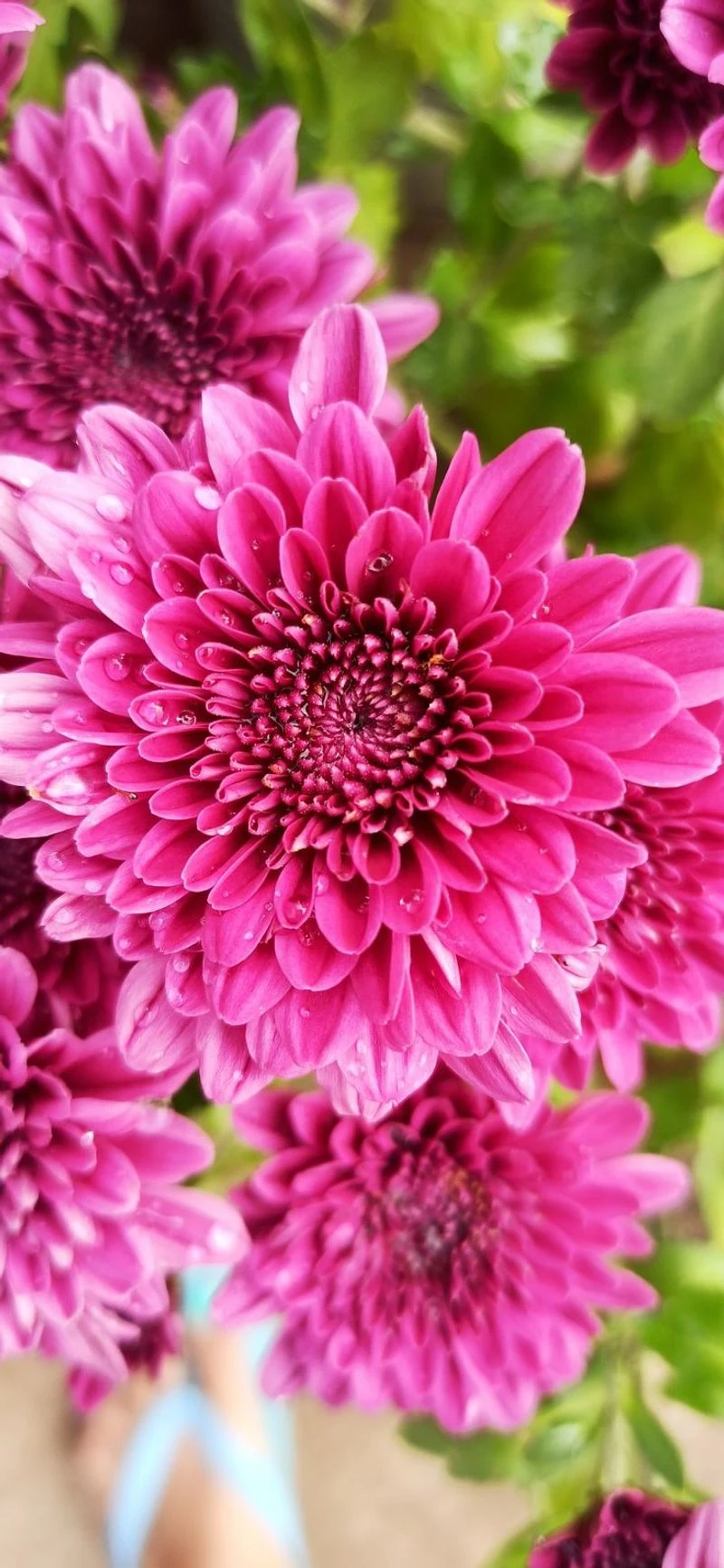
Chrysanthemums, known for their bright blooms, contain pyrethrum, a natural insect-repelling compound. This makes them effective against mosquitoes and other insects.
Plant chrysanthemums in sunny areas with well-drained soil. Regular deadheading prolongs their blooming period, ensuring continuous protection against pests.
Besides repelling mosquitoes, chrysanthemums are used in organic pesticides, making them a valuable addition to eco-friendly gardens.
Sage
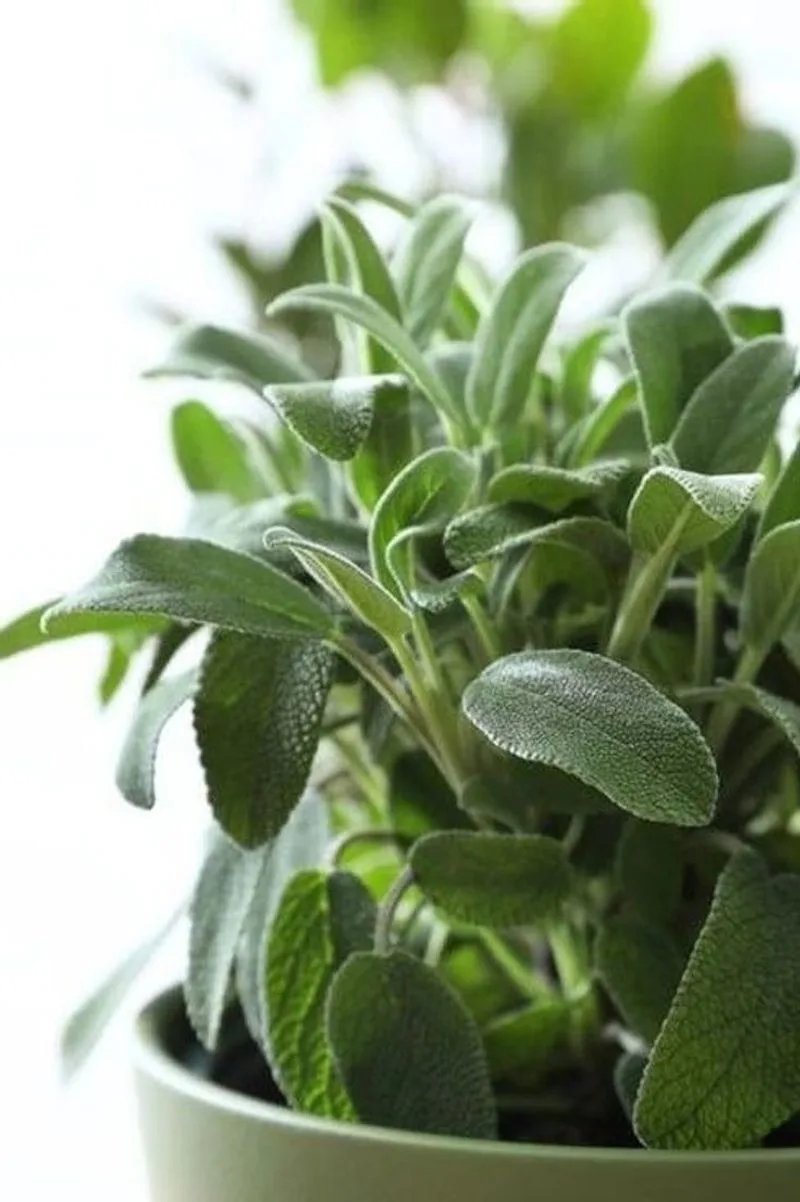
Sage is a versatile herb that not only flavors dishes but also deters mosquitoes. Burning dried sage leaves releases a fragrant smoke that wards off insects, making it ideal for outdoor gatherings.
Sage thrives in sunny spots with well-drained soil. It can be grown in pots or garden beds, offering flexibility in landscaping.
Regular pruning keeps it compact and encourages new growth. Besides repelling mosquitoes, sage attracts beneficial insects, promoting a balanced ecosystem.
Bee Balm
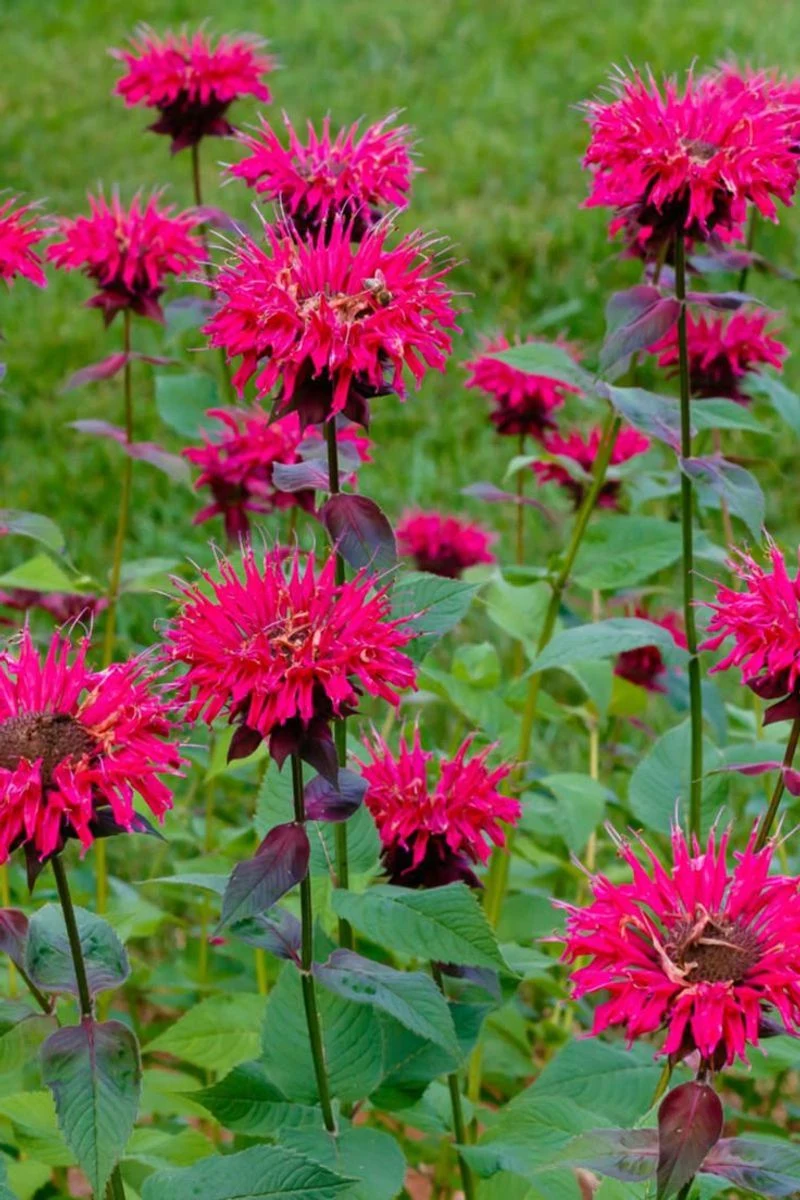
Bee balm, also known as Monarda, is a striking perennial that attracts pollinators while repelling mosquitoes. Its fragrant flowers and leaves emit a citrus scent that bugs dislike.
This plant thrives in sunny areas with rich, well-drained soil. Bee balm is a great addition to pollinator gardens, supporting bees and butterflies.
Regular deadheading encourages more blooms, enhancing its beauty and mosquito-repelling abilities. Bee balm adds both color and function to any garden setup.
Petunias
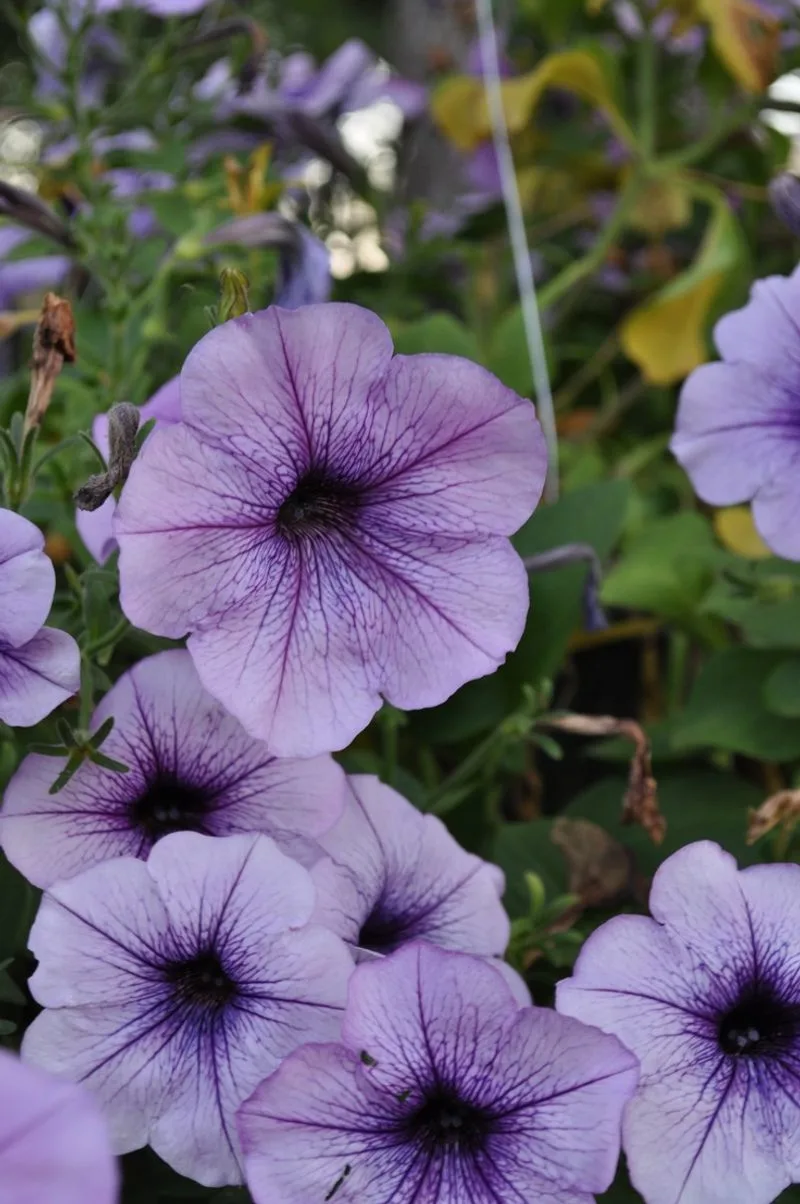
Petunias are beloved for their bright, trumpet-shaped flowers, and they also help deter insects. Their subtle fragrance acts as a natural bug repellent, making them a lovely addition to garden borders.
Plant petunias in sunny spots with well-drained soil to ensure vibrant growth. They’re easy to care for and require regular watering to maintain their lush appearance.
Petunias not only repel mosquitoes but also attract beneficial insects, supporting a healthy garden ecosystem.
Fennel
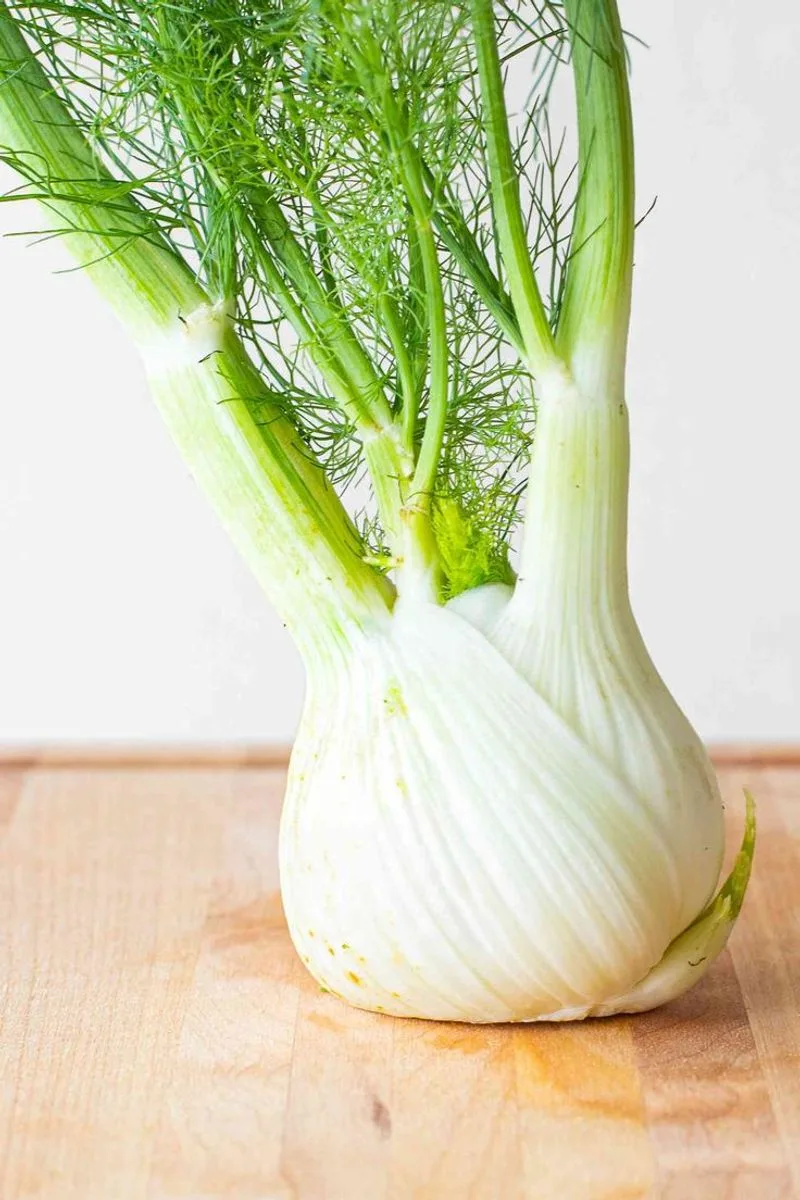
Fennel, with its feathery leaves, acts as a natural insect repellent. Its aromatic properties keep mosquitoes and other pests at bay, while attracting beneficial insects like ladybugs.
Fennel thrives in full sun and well-drained soil. It’s a hardy plant that requires minimal maintenance, making it a practical choice for gardeners.
Besides its repellent qualities, fennel can be used in cooking, adding flavor to dishes while enhancing your garden’s productivity.
Tansy
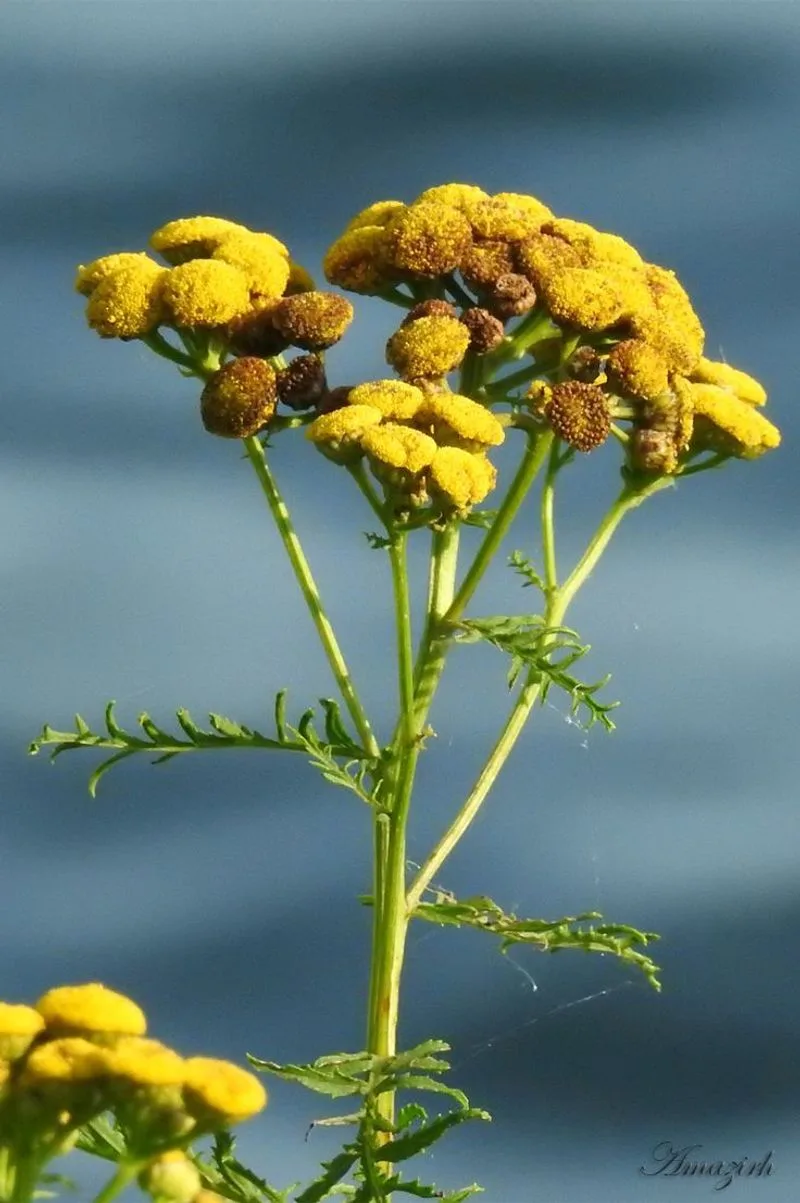
Tansy, with its bright yellow flowers, serves as a natural repellent for a variety of insects. Its strong aroma is effective against mosquitoes, flies, and ants.
This plant prefers sunny locations and well-drained soil. Tansy is hardy and can be used to create natural bug-repelling sachets.
However, it can be toxic if ingested, so handle with care. Beyond its repellent properties, tansy adds vibrant color and texture to garden landscapes.
Geraniums
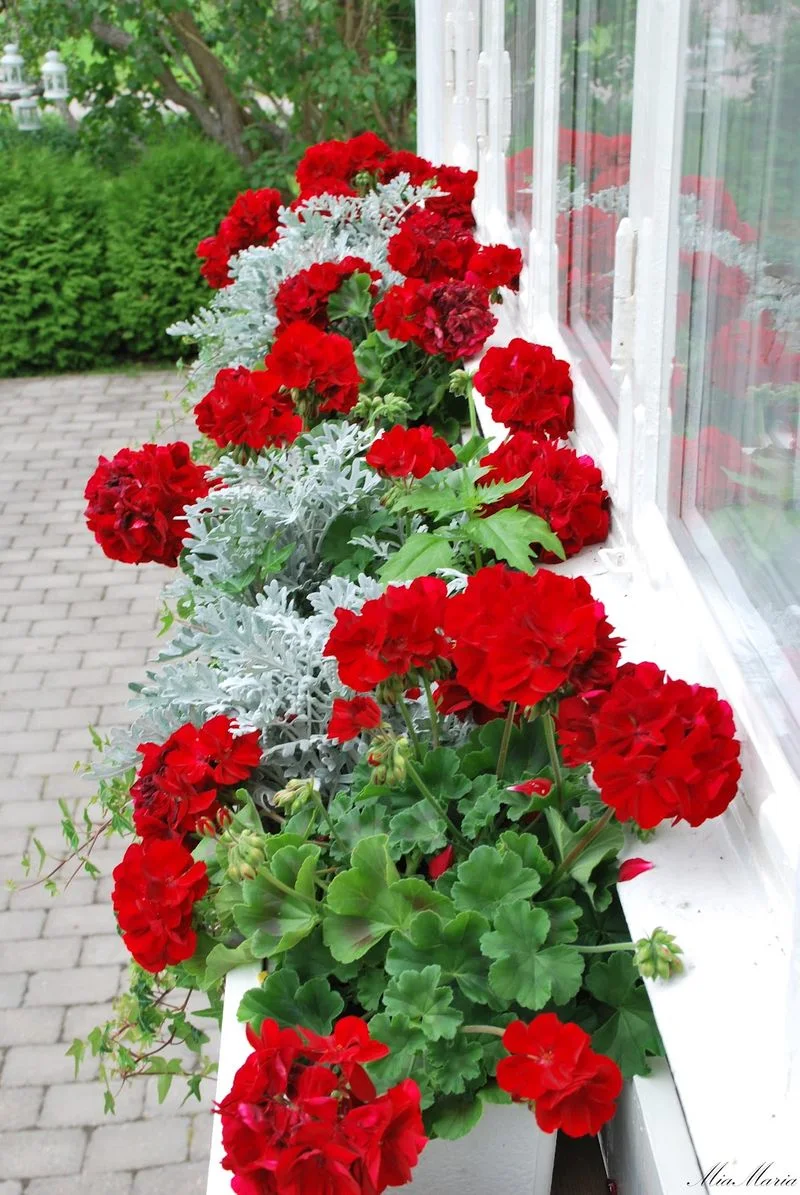
Geraniums, often used in hanging baskets, emit a scent that repels mosquitoes and other insects. Their lovely blooms add color to gardens while serving as a natural bug barrier.
Plant geraniums in sunny areas with well-drained soil to keep them healthy and vibrant. Regular deadheading promotes more blooms, ensuring continuous protection against pests.
Geraniums are easy to care for, making them a popular choice for gardeners looking to enhance both beauty and function.
Wormwood
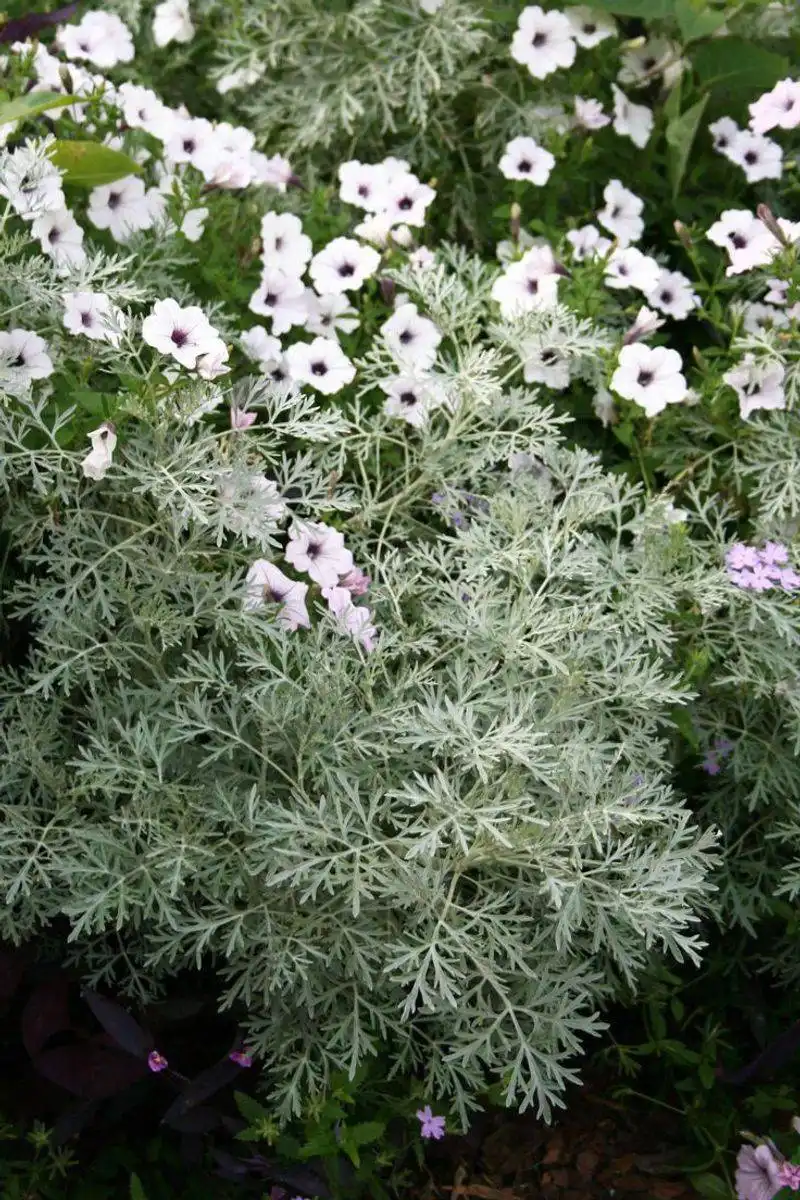
Wormwood is a hardy perennial known for its silvery foliage and insect-repelling abilities. Its bitter taste and strong aroma deter mosquitoes and other pests.
This plant thrives in poor soil and full sun, making it a low-maintenance addition to gardens. Wormwood can be used to make natural insect sprays.
However, caution is advised as it can be toxic if ingested. Besides its repellent properties, wormwood adds a unique visual element with its distinctive leaves.
Eucalyptus
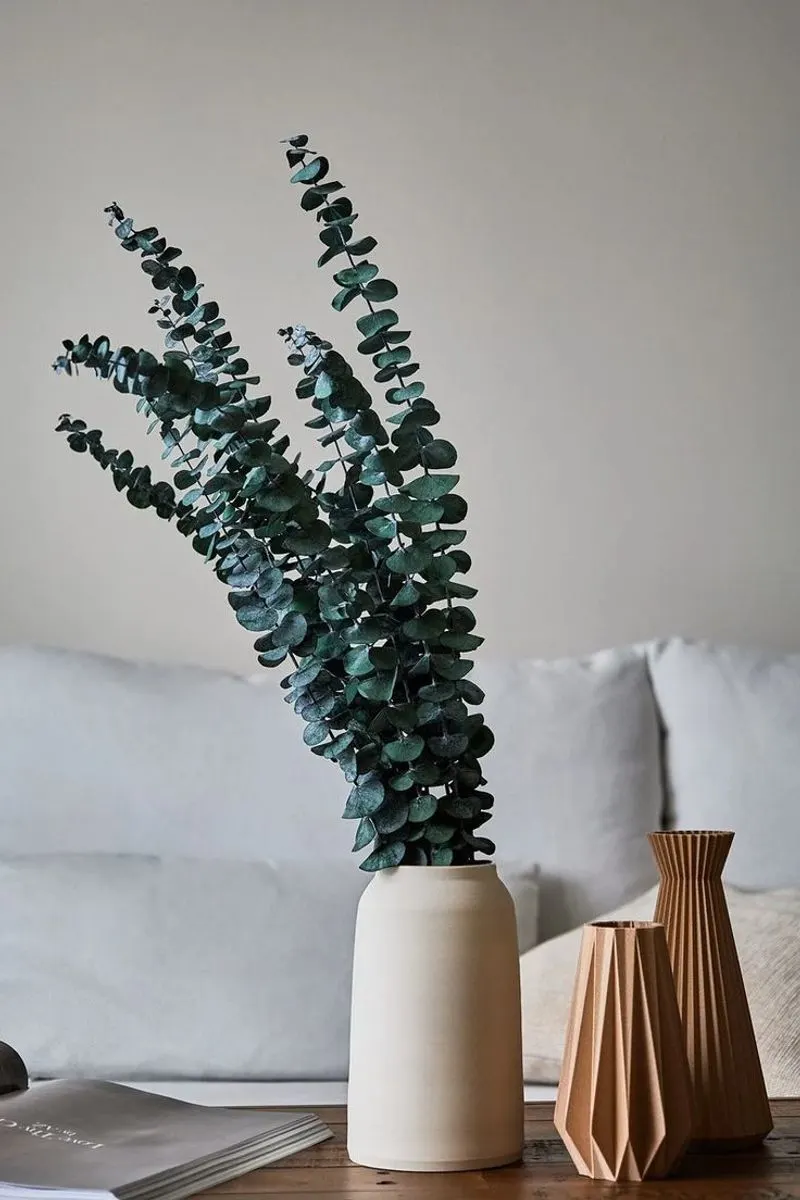
Eucalyptus is not only known for its distinctive scent but also its ability to deter mosquitoes. Its leaves contain oils that are effective at keeping bugs away.
This plant thrives in sunny, well-drained conditions. Eucalyptus can be grown in pots or as a tree, depending on the space available.
Besides repelling mosquitoes, eucalyptus leaves can be used in floral arrangements, adding fragrance and texture to your home. Its towering presence makes it an impressive feature in any garden.
Lantana

Lantana is a colorful, hardy plant that repels mosquitoes and attracts butterflies. Its clusters of small, vibrant flowers release an aroma that insects find unpleasant.
This plant thrives in sunny locations with well-drained soil. Lantana is drought-resistant, making it ideal for low-maintenance gardens.
Regular pruning encourages bushy growth and more blooms. Besides its mosquito-repelling properties, lantana adds a splash of color to patios and garden borders, enhancing aesthetic appeal.

